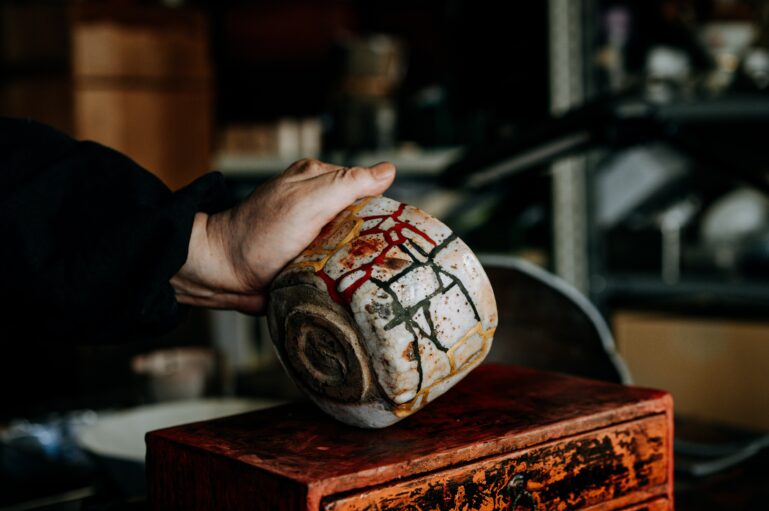All of us make mistakes – we are “human” after all! Some of us make really stupid errors – a moment when no thought is given to a particular action, when no real thinking is applied to the possible consequences that could eventuate from a chosen path and the hurt that can be caused if this path is taken. Inevitably, the impact of these unwise choices can have devastating effect on the person affected and cause endless pain and sometimes permanent separation and brokenness in the relationship once experienced. The high divorce rate in many countries and the high employee turn-over in many companies with dysfunctional leadership bear testimony to this fact. Relationships in crisis, where one party has seriously wronged the other, need extreme care, humility, compassion and holistic understanding on the part of the offender if any healing is going to take place.
In many of the above situations, the offender unfortunately attempts to justify or give reasons for the bad behaviour and may even look for reasons to co-blame the offended party, thus trying to minimise exposure to the problem and subsequent blame. This course of action will inevitably widen the chasm that already exists in the relationship and cause more pain and anger in the offended person.
So, when you have hurt someone close to you and subsequently caused a rift in the relationship, what should be done to bring healing to the situation? The following steps are essential to facilitate the healing of hurt:
- Take responsibility for the wrong-doing – minimising the action, making excuses for bad behaviour, giving endless reasons for your actions and why they were “understandable” at the time of doing them only heightens the agony you are causing in the partner of the relationship. You have to take ownership of the behaviour – “I messed up, this is all my fault”
- Identify with the emotion and anger being expressed – empathic and reflective listening is essential here to assist the offended party firstly, to express his/her hurt in full and secondly, to get to a place of realising that you understand the gravity of the hurt that has been caused by yourself in this situation. Listening inadequately communicates an “I don’t care for you and your pain” attitude and will produce more hurt. True listening identifies not only with the words that are being uttered, but also with the emotion behind those words
- Acknowledge the fact that your behaviour has caused pain – statements like, “I realise that what I have done has caused endless amounts of pain and hurt in your life”, uttered sincerely, will go a long way towards finding the departure point where healing can take place
- Offer the hurt party the gift of time and your undivided attention – hold back a little on coming up with solutions immediately (these need to be discovered together). Affording the offended one space to process and time to work through the hurt in a compassionate environment is essential for healing to take place
- Apologise frequently, but sincerely – a once-off apology is usually insufficient in these circumstances and displays a callous attitude to what has really transpired and the real hurt that has been caused. Frequent sincere apologies like, “I know I have hurt you deeply and I am sincerely sorry for putting you through all this pain”, will go a long way to start the healing process
- Don’t make demands on the hurt party – the thought process “well, I have apologised now, so you need to forgive me and respond to me positively” is flawed. Care and love for the offended one may need to be offered for many months before positive responses will be forthcoming
- Love the other party completely – love is not just a feeling, but predominantly an action. Display your on-going love in as many ways as you can creatively invent. Be persistent.
- Accept that the relationship will be different in some or many ways to what is was before the mistake – consequences of serious mistakes seldom lead to the perfect normalising of the relationship (going back to what it was before the mistake transpired). Accept that adjustments may have to be made so that the relationship can continue in one form or another
- Appoint a counsellor if warranted by the situation – sometimes a number of facilitated conversations are required to work through all the issues created by a serious mistake. Be humble, honest and transparent during these sessions, so that the offended person understands that you are willing to put the time and effort into the process to sort it out
- Don’t make the same mistake again – allow the learning from your offence to govern your future behaviour. Use the mistake to develop your character
All of us do make mistakes – some of them more serious than others. The hurt that transpires in the offended party may have not been intentional, but it exists nonetheless. In these circumstances, the offender needs to make every attempt to facilitate healing in the one that is hurt by demonstrating on-going love, understanding, compassion and humility for any meaningful healing to take place.










